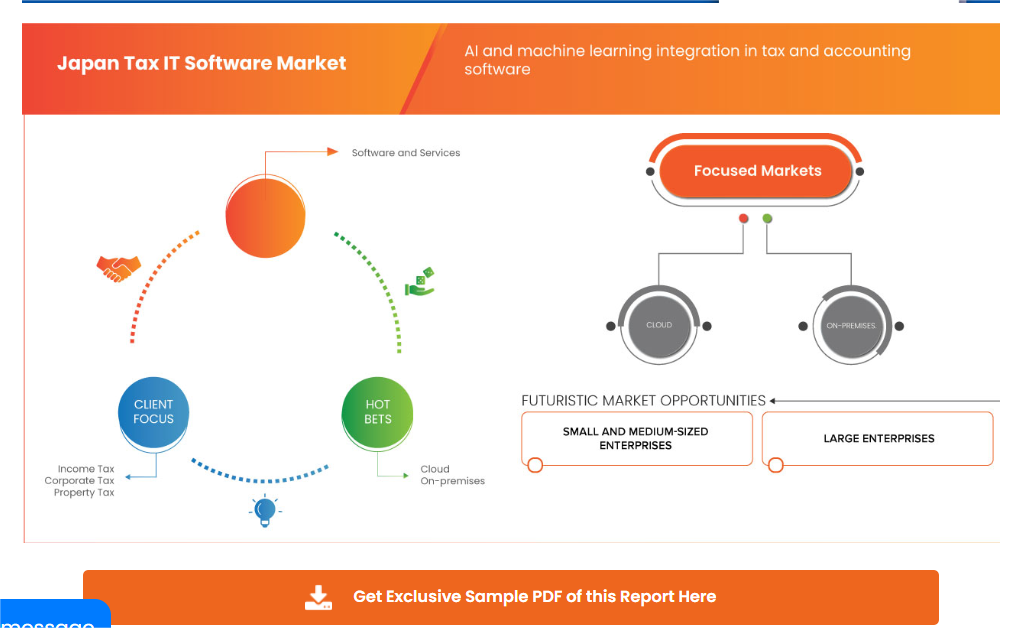Renewable Energy Market Growth and Key Drivers
The renewable energy market is witnessing unprecedented growth, fueled by global sustainability initiatives, technological advancements, and the urgent need to mitigate climate change. Over the past decade, there has been a paradigm shift from fossil fuels to renewable energy sources, such as solar, wind, hydropower, and bioenergy, driven by supportive government policies, international climate agreements, and declining technology costs. The growing demand for clean and sustainable energy, coupled with rapid urbanization and industrialization, is shaping the trajectory of the global power sector.
Market Dynamics
The transition towards renewable energy is primarily powered by the need to reduce greenhouse gas emissions and achieve net-zero targets. Governments around the world are implementing policies that encourage the adoption of clean energy solutions, such as tax incentives, feed-in tariffs, and renewable energy certificates. For example, countries in Europe and North America have set ambitious targets for renewable energy adoption by 2030, while emerging economies in Asia-Pacific are investing heavily in solar and wind projects to meet growing energy demands sustainably.
Technological advancements are another major factor driving the renewable energy market. Innovations in photovoltaic technology, offshore wind turbines, and energy storage systems have significantly lowered production costs and improved efficiency. The development of advanced battery storage solutions ensures the integration of renewable energy with existing grids, addressing the intermittency challenges associated with solar and wind power. Additionally, the rapid rise of electric vehicles (EVs) is contributing to the demand for renewable power, as EV charging infrastructure increasingly relies on green energy sources.
Corporate sustainability initiatives are also reshaping the market. Major corporations are investing in renewable energy projects to reduce their carbon footprint and align with global environmental goals. Tech giants and manufacturing companies are signing long-term power purchase agreements (PPAs) with renewable energy providers, creating a stable revenue stream for the sector while advancing the transition to clean energy.
Another key trend is the decentralization of energy generation. Distributed energy systems, such as rooftop solar panels and small-scale wind farms, are empowering consumers to become prosumers — both producing and consuming energy. This shift not only reduces reliance on traditional grid infrastructure but also promotes energy independence and cost savings. Furthermore, digitalization and the deployment of smart grids are improving grid efficiency, enhancing real-time energy management, and optimizing energy distribution.
Competitive Landscape
The renewable energy market is highly competitive, with global and regional players vying to expand their market share. Leading companies such as NextEra Energy, Ørsted, Enel Green Power, Vestas, and Siemens Gamesa are heavily investing in research and development to drive innovation and improve operational efficiency. These players are focusing on expanding their renewable energy portfolios through large-scale solar farms, offshore wind projects, and innovative hybrid energy solutions.
Mergers, acquisitions, and strategic collaborations are central to market growth strategies. Energy companies are partnering with technology firms to integrate AI-driven solutions and predictive analytics into renewable energy operations, enabling better forecasting and performance optimization. For instance, several wind energy developers are leveraging AI to improve turbine placement and energy output, while solar companies are deploying machine learning tools for predictive maintenance and operational efficiency.
New entrants and startups are also contributing to the competitive intensity of the market. Companies specializing in battery technology, hydrogen energy, and digital energy platforms are disrupting traditional business models. Green hydrogen, in particular, is emerging as a promising energy vector, with several renewable energy firms investing in its development to complement solar and wind projects.
Government initiatives and international funding are further propelling market growth. Organizations such as the International Renewable Energy Agency (IRENA) and the World Bank are supporting large-scale projects in developing countries, creating opportunities for global players to expand their reach. Additionally, the decreasing cost of renewable energy technologies has made them economically competitive with traditional fossil fuels, accelerating their adoption across residential, commercial, and industrial sectors.
Future Outlook
The future of the renewable energy market looks promising, with global renewable energy capacity expected to grow significantly over the next decade. Solar and wind power are projected to dominate new installations, while energy storage systems and smart grid technologies will play a critical role in ensuring grid reliability and stability. Innovations in hydrogen energy, wave power, and bioenergy will further diversify the renewable energy landscape, creating new opportunities for investors and businesses alike.
Emerging markets, particularly in Asia-Pacific, Africa, and Latin America, will remain key drivers of growth due to rising energy consumption, government incentives, and favorable climatic conditions for renewable power generation. As global energy demand continues to increase, renewable energy is set to become the cornerstone of sustainable development and energy security.
In conclusion, the renewable energy market is undergoing rapid transformation, driven by technological innovation, policy support, and growing consumer demand for sustainable solutions. Companies that embrace digitalization, diversify their energy portfolios, and invest in cutting-edge technologies will lead the market in the years to come. To explore detailed insights and comprehensive analysis, visit Wise Guy Reports.







